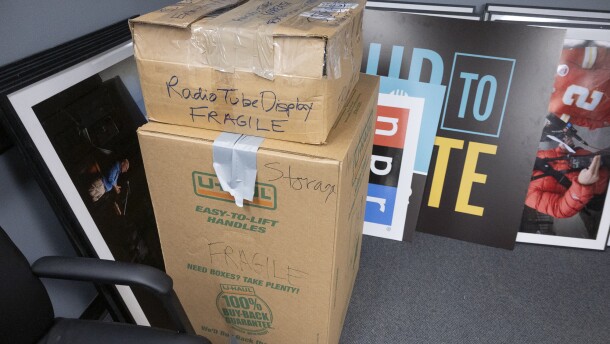KCUR and Classical KC were given just over a month to vacate our longtime offices. Here's what we know so far about the move, and what we don't.
Provided by ArtsKC - Kansas City's Regional Arts Council
-
Composer and UMKC Conservatory student Rodrigo Camargo is working with Classical KC to showcase the best performances from the Conservatory’s archives.
-
A trio of amazing young musicians, from ages nine to 18, give jaw-dropping performances that will bolster your faith in the future of great music making.
-
A northern English town loses its best choral singers to fighting in World War I but finds new hope in a time of loss through music in Nicholas Hytner's new film "The Choral," featuring Ralph Fiennes.
-
The tune crooned by Bing Crosby is still one of the most popular Christmas songs of all time. It's endured as a favorite — despite a complicated and controversial history.
-
Discover a broad range of this year's most compelling classical recordings, including symphonic booty-shakers, mystic violin, pipe organ prog and a guided tour of 18th century German chart-toppers.
-
Guitarist Sean Shibe pushes his instrument to the limit in new music written for him by Thomas Adès, and softens the vibe with intimate pieces by Bach, Mompou and the eccentric street musician Moondog.














